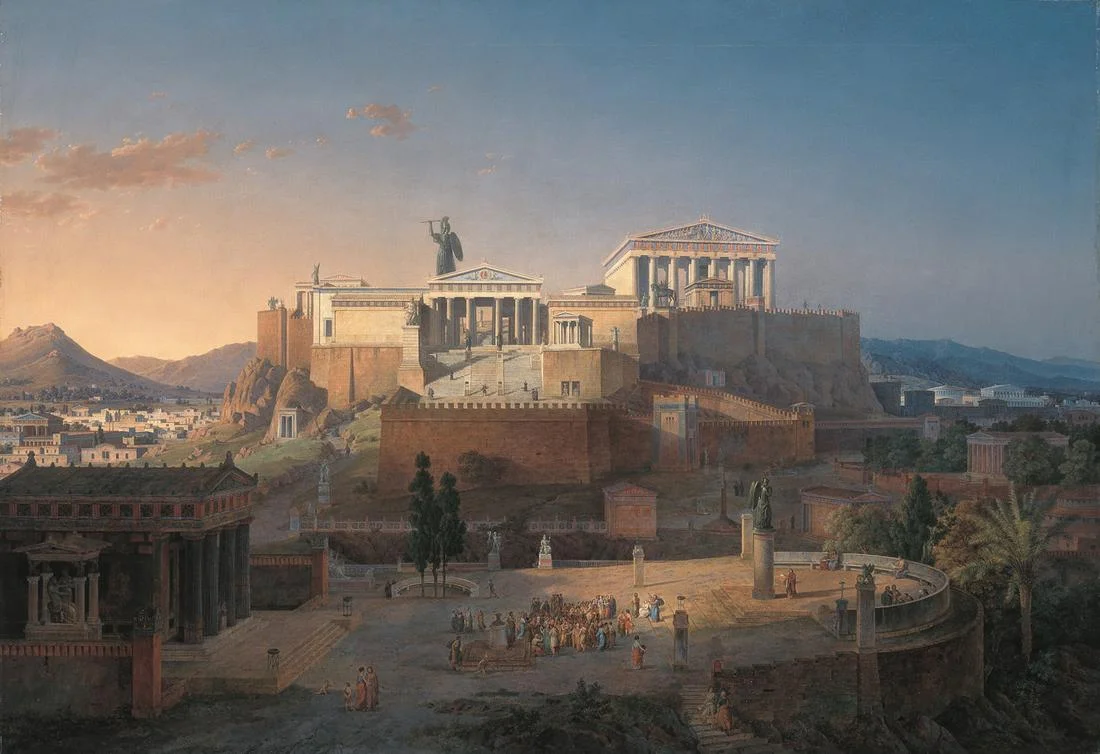When Trump was elected in November 2016 the first text I turned to was Plato’s coruscating analysis in the Republic 8 and 9 (562a-576b) of how a democracy can be subverted to tyranny by an opportunistic demagogue, rule by the people swiftly degenerating into authoritarian leading of the people. Have Trump’s words and actions since, particularly in the last few weeks, shown my fears to be justified?
Plato was, admittedly, no great fan of direct democracy (he had no experience of the representative kind), but he did think it greatly preferable to tyranny. And he knew about tyrants. On his first visit to Sicily in 387 BCE he had stayed at the court of the tyrant Dionysius I in Syracuse. The visit did not end well – according to some versions of the story Plato narrowly escaped being sold into slavery after castigating Dionysius for his tyranny. Earlier, in 404-3, he had been revolted by the brutal actions of the Thirty Tyrants in Athens, an oligarchic regime set up by Sparta after it had defeated Athens in the Peloponnesian War.
In the Republic, we learn that the demagogue gains power by democratic means, claiming to be a champion of the people and making wild promises (‘Freedom!’). Anyone who opposes him is labelled ‘an enemy of the people’ and exiled, imprisoned or killed. Such tactics naturally provoke genuine opposition and the demagogue grows increasingly suspicious of those around him, retreating into his palace-fortress and in the grip of his obsessions. He does not trust the state to protect him and acquires his own bodyguard and eventually a private army.
The parallels with Trump are not, of course, exact, but they are still highly disturbing. Trump has not yet created a private army, although significant numbers of the militias seen patrolling Washington D.C. recently were unidentified by name badges or unit insignia – and hence very hard to hold to account. And in one especially troubling aspect Trump has surpassed the excesses even of Plato’s deranged prototype. In Plato, the demagogue accuses certain individuals of being ‘enemies of the people’; Trump has accused whole sectors, such as the ‘liberal’ media, and all the doctors, judges, lawyers, regular military and academics who speak out – who disagree, for instance, that drinking bleach can help protect against or cure COVID-19, or who object to tear gas being used on peaceful protesters to clear a path for Trump to stand in front of a church holding up a bible.
And it is not even just sectors that Trump targets. Plato’s demagogue concentrates on stirring up external conflicts, to keep his people fearful and in need of a strong leader. Trump increasingly seems bent on appealing to his most ardent supporters by acting as if he is at war with millions of his own people.
For Plato, the critical turning-point comes when the first blood is spilled on home territory. Then, says Plato, ‘the man becomes a wolf’ and the full tyrant is born. Trump’s inflammatory and divisive words and actions have now exacerbated a long-standing problem in parts of the police to the point where a white officer felt emboldened to kneel on a black man’s neck for over 8 minutes, crushing the life out of him.
We have been warned. Will we listen?
